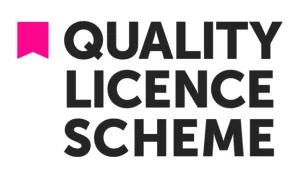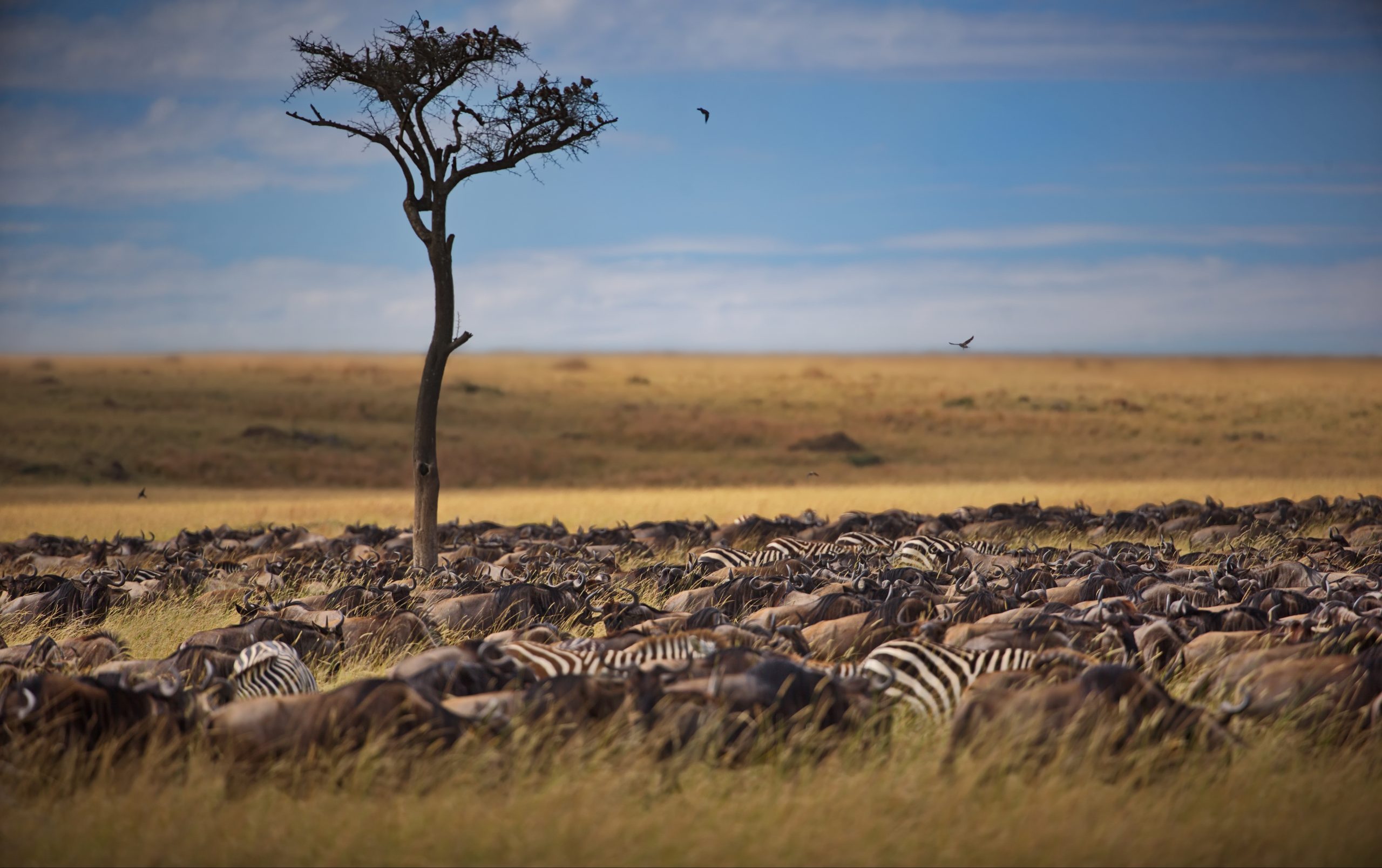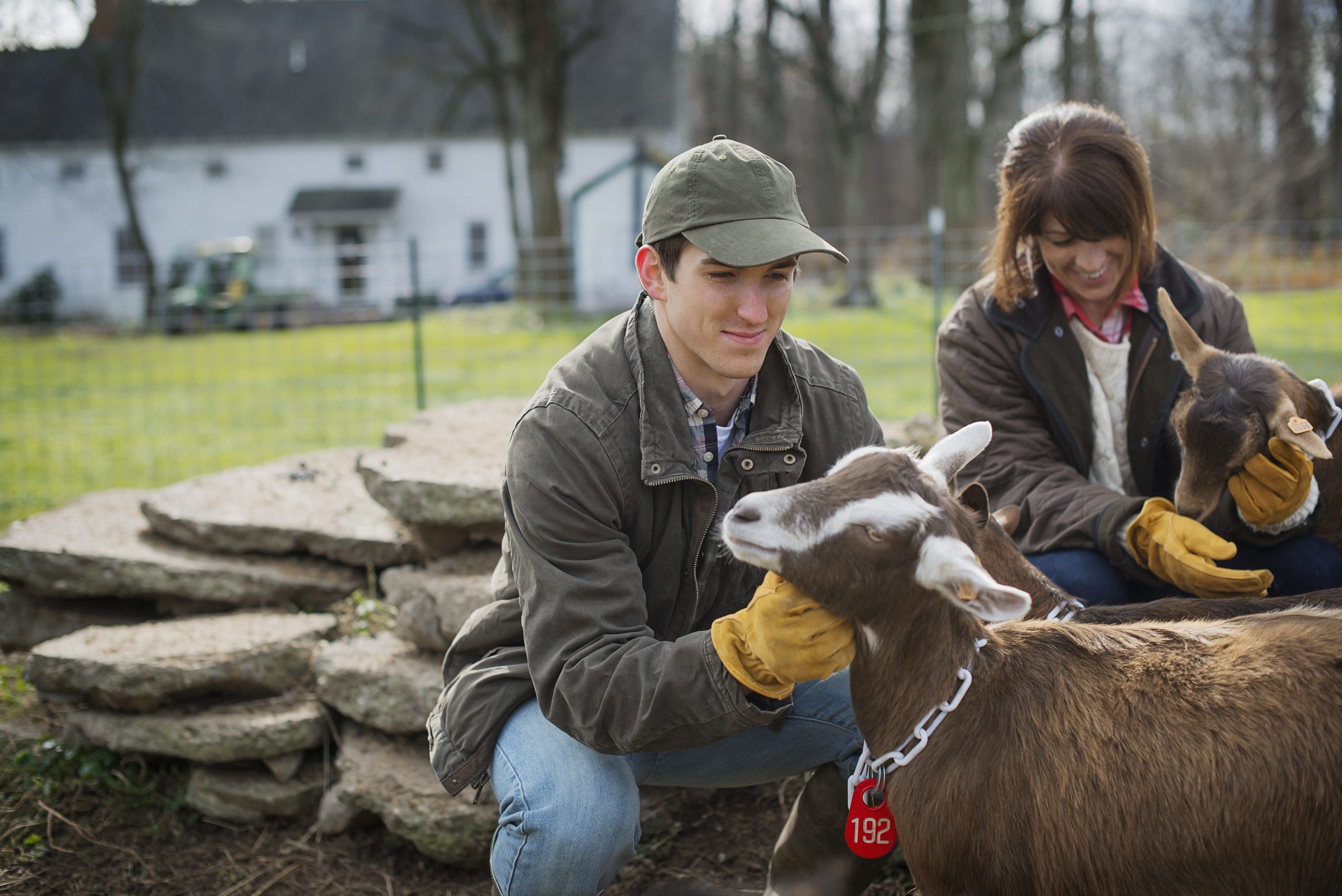Welcome to Open Learning College – Change your career, Increase your salary, and Improve your life.
 Course Overview
Course Overview 
Embark on a transformative learning journey with the UK’s most innovative home study provider, offering courses designed to unlock your true potential and facilitate the career change you desire. Access our distance learning courses directly from anywhere, anytime, and acquire industry-recognised Professional Qualifications essential for advancing in your career.
Specifically, explore the flexible and convenient Animal Care (Level 3) course, an ideal way to gain a diploma qualification. Whether you aim for further education, improved job prospects, or expanded knowledge, this comprehensive course allows you to prepare thoroughly for exams or careers through home study. Plus, it’s structured to be accessible and beneficial even if you have no prior knowledge in Animal Care.
Embark on a journey into the world of Animal Care (Level 3), where compassion meets expertise. This comprehensive course invites you to explore the realms of animal health, behaviour, and welfare, offering a holistic understanding of caring for our furry, feathered, and scaled companions. Dive into the anatomy, nutritional needs, and common ailments of diverse animals while uncovering essential healthcare techniques. Learn how to assess behaviour, ensuring the well-being and comfort of our beloved creatures.
Through a blend of theory and practical learning, this course equips you with the skills and knowledge necessary to provide top-tier care for various species and nurtures your passion for the welfare of animals.
 Course Key Topics
Course Key Topics
the Animal Care (Level 3) course is divided into 17 modules.
Module 1: History and Background
This unit covers the biological and cultural development of domesticated animals throughout history, including the creation of species classifications, and the practice of selective breeding.
Module 2: Safety, Health and Hygiene
This unit covers the important health, safety and hygiene practices that are necessary for the proper care of animals. It also introduces learners to a variety of common diseases, infections and other afflictions that can result from poor animal health, safety and hygiene.
Module 3: Anatomy and Physiology
This unit provides an in-depth exploration of the key features, and differences, in animal physiology, going all the way down to a cellular level.
Module 4: Animal First Aid
In this unit, students will learn about the basic skill required to administer emergency first aid to animals across a number of scenarios. This includes breathing problems, burns, shock, broken bones, cuts and lacerations, and much more besides.
Module 5: Dogs
This unit focuses on domestic dogs, and their particular needs. This includes common canine diseases and their treatments, as well as more general care needs, such as grooming, feeding and cleaning.
Module 6: Cats
This unit focuses on domestic cats, and their particular needs. This includes common feline diseases and their treatments, as well as more general care needs, such as grooming, feeding and cleaning.
Module 7: Horses and Ponies
This unit focuses on domestic horse species, and their particular needs. This includes common equine diseases and their treatments, as well as more general care needs, such as grooming, feeding and cleaning.
Module 8: Birds
This unit focuses on domestic birds, and their particular needs. This includes common aviary diseases and their treatments, as well as more general care needs, such as grooming, feeding and cleaning.
Module 9: Fish
This unit focuses on domestic fish, and their particular needs. This includes common aquatic diseases and their treatments, as well as more general care needs, such as feeding and cleaning.
Module 10: Snakes and Lizards
This unit focuses on domestic snakes and lizards, and their particular needs. This includes common reptile diseases and their treatments, as well as more general care needs, such feeding and cleaning.
Module 11: Tortoises, Turtles and Terrapins
This unit focuses on domestic tortoise, turtle and terrapins, and their particular needs. This includes common reptile diseases and their treatments, as well as more general care needs, such as feeding and cleaning.
Module 12: Insects and Amphibians
This unit focuses on domestic insects (such as tarantulas) and amphibians (such as frogs), and their particular needs. This includes common diseases and their treatments, as well as more general care needs, such feeding and cleaning.
Module 13: Hamsters, Gerbils, Rats and Mice
This unit focuses on domestic small rodent species, and their particular needs. This includes common rodent diseases and their treatments, as well as more general care needs, such as grooming, feeding and cleaning.
Module 14: Ferrets and Pole Cats
This unit focuses on domestic ferrets and polecats, and their particular needs. This includes common diseases and their treatments, as well as more general care needs, such as grooming, feeding and cleaning.
Module 15: Rabbits and Guinea Pigs
This unit focuses on domestic rabbits and guinea pigs, and their particular needs. This includes common diseases and their treatments, as well as more general care needs, such as grooming, feeding and cleaning.
Module 16: Wildlife
This unit looks not at domesticated animals, but at wildlife. Learners will discover the vast differences between caring for domesticated animals and dealing with wild animals in their natural environments.
Module 17: Animal Welfare
This unit covers the various animal welfare groups and organisations in the UK and worldwide, and walks learners through the various pieces of law and legislation on animal welfare that have an effect of those who care for animals.
(Please click on the curriculum tab above to see a detailed view of each module)
Course Content
Animal Care (Level 3) – FREE Starter Pack
How to…. (a series of explainer videos)
Module 1 – History and Background
Module 2 – Safety, Health and Hygiene
Module 3 – Anatomy and Physiology
Module 4 – Animal First Aid
Module 5 – Dogs
Module 6 – Cats
Module 7 – Horses and Ponies
Module 8 – Birds
Module 9 – Fish
Module 10 – Snakes and Lizards
Module 11 – Tortoises, Turtles and Terrapins
Module 12 – Insects and Amphibians
Module 13 – Hamsters, Gerbils, Rats and Mice
Module 14 – Ferrets and Pole Cats
Module 15 – Rabbits and Guinea Pigs
Module 16 – Wildlife
Module 17 – Animal Welfare
Course Resources
Final Exam
Student Ratings & Reviews
Jack Thompson.
College Announcements
🔍 Unlock the Secrets of Animal Care (Level 3) with £50 OFF the Course! 🐾🎓
Ready to embark on a journey into the captivating world of animal care?
For a limited time, we're excited to offer an exclusive discount of £50 off our comprehensive Animal Care (Level 3) course!
Use code CARE50 at checkout before the month ends!
👣 Why Choose Our Animal Care (Level 3) Course
The Animal Care (Level 3) Diploma, presented by Open Learning College, is your key to acquiring a profound understanding of animal health, behaviour, and welfare. Dive into 17 engaging modules covering everything from anatomy and first aid to species-specific care for dogs, cats, wildlife, and more.
💪 What Makes Our Course Stand Out
Flexibility: Customize your learning to fit your schedule with 24/7 access.
Comprehensive Support: Receive guidance from expert tutors throughout your educational journey.
Real-World Insights: Acquire practical skills and knowledge vital for a successful career in animal care.
Don't miss this chance to explore the dynamic world of Animal Care (Level 3) at a discounted rate! Enrol now, use code CARE50* at checkout, and start your journey towards becoming a knowledgeable and compassionate animal care professional. 🐾🎓
*This discount code cannot be used in conjunction with any other offer.









 Get Social!
Get Social!











Olivia Walker